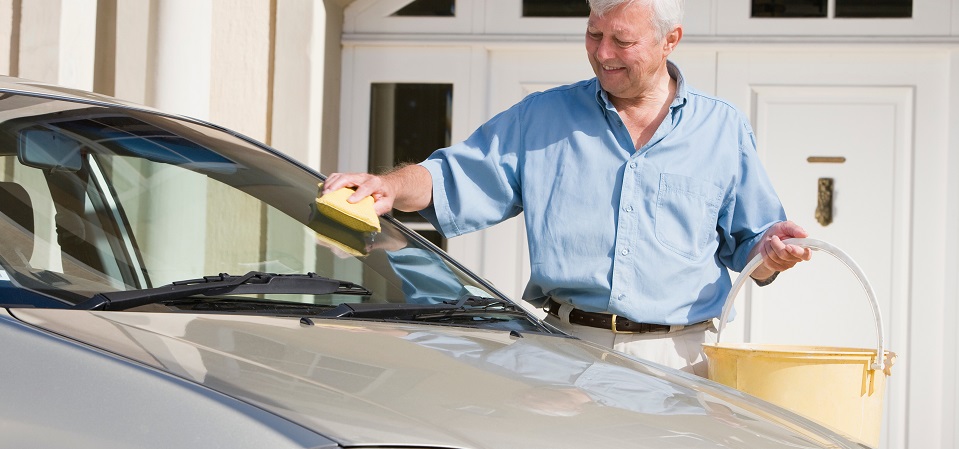Reaching a financial settlement is a critical element of the divorce process and can often become a major area of disagreement between parties. This can be particularly difficult if assets have been gained after a couple have separated but before the divorce is finalised.
David Connor, director in WHN’s family and legal aid team, offers advice and guidance on how assets acquired after separation but before divorce may be managed.
When it comes to looking at how post-separation assets are distributed, there is no simple answer. In different cases different approaches are taken and the more time that passes after separation and before a divorce settlement is reached, the more likely further assets are acquired.
What are examples of assets acquired after separation?
Post-separation assets may include an inheritance, a gift, a purchase, or an existing asset which has increased in value.
The court must look at any assets acquired during this period, which is usually up to the date the case goes to court or an agreement outside court is made, to make an assessment. The court may well seek to distinguish between those assets generated within the marriage by the endeavours of the parties themselves (matrimonial assets) and those outside of the marriage (non-matrimonial assets).
Needs of the parties and any relevant children play a big part in determining what happens to these assets.
Where the matrimonial assets are sufficient to meet the needs of the parties, sharing them can often be the end of the matter without consideration of non-matrimonial assets.
Are non-matrimonial assets affected?
Where assets are derived after separation and are non-matrimonial in nature, they could be ring-fenced by the courts for the owning party to keep. However, where the other party establishes needs for themselves or for any children in the family, that cannot be met from the assets from the marriage, the court may invade the non-matrimonial assets.
To determine this, the court will first look at the standard of living enjoyed by the parties to try and determine how such assets are to be divided.
Judges have the significant discretion how to divide the assets. Needs include having a place to live and enough money to live on. The judge will decide what these needs are and how much is required to meet them.
What happens to assets that increase in value?
Where assets of the marriage increase in value post-separation it is unlikely that the rises will be ringfenced for one party. However, in some circumstances, for example, where a business is set up by a spouse during the marriage this may be different.
If a change in direction by the business owner during the period following separation results in the business being worth significantly more, the increase in value may be ringfenced in full or in part. Of course, as the business was taken out during the marriage, some of the value will fall into the matrimonial pot.
The importance of seeking advice early
Everyone’s case for financial settlement will derive from a differing set of circumstances. If you find yourself in a position where you need advice on how assets are likely to be divided, particularly if you are aware of assets that have been acquired post-separation, you should consider taking specialist advice to help understand how to approach the matter.
To prevent any financial claims being raised after the divorce has been finalised – it is also important to ensure you financial settlement includes a clean break. Find out more in my blog post: How can I protect my financial assets after divorce?
Specialising in all areas of family law, David represents individuals seeking to resolve family law matters either by agreement or, where necessary, through court proceedings. For further advice on financial settlements in divorce, contact David Connor on 01706 225621 or david.connor@whnsolicitors.co.uk















